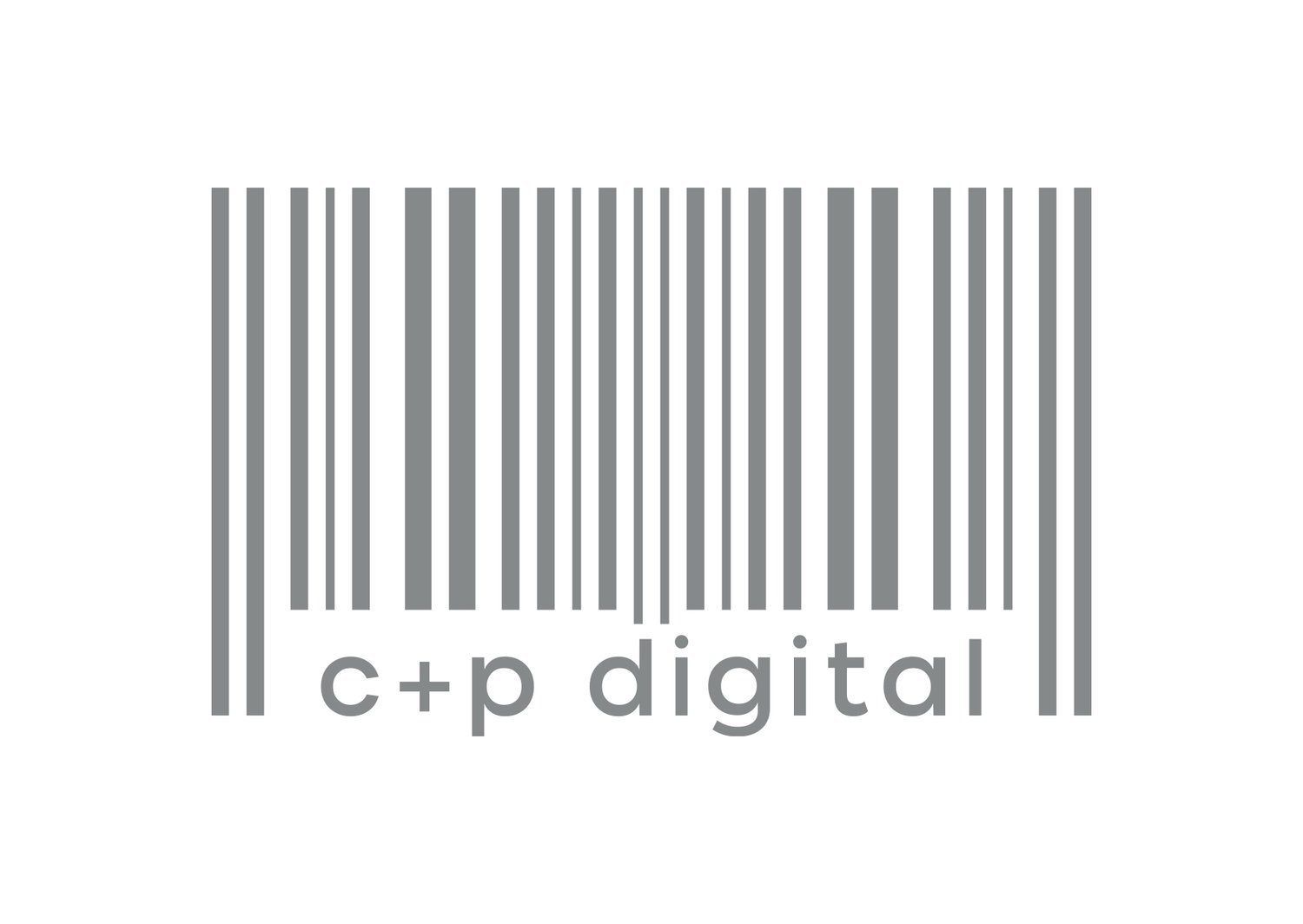the messy (AI) middle
the iron‑clad fridge first stored medicine, not milk.
it took 200 years before someone asked, “would a cold drink taste better?”
today ai feels like that early fridge.
powerful, misunderstood, and a little scary.
humans fear the machine because we picture a binary outcome: domination or d3ath.
reality hides in the messy middle.
in this messy middle, people will overreach.
(think mephistopheles.)
thinking they can automate absolutely everything.
they'll soon realize that human nuance, empathy, and connection can't be coded or replicated by algorithms.
there will be job losses, a very real and painful consequence, as certain tasks become automated.
what often gets overlooked though is that new jobs will also be created, though in different spaces calling for different skills, as humanity continues onwards to progress.
many will focus on the immediate displacement and fear, but not as many will see or prepare for the opportunities that come from this evolution.
it’s a period of adjustment, of learning, and of finding new ways for humans and technology to coexist and complement each other, rather than a simple tale of winners and losers.
Liat Horovitz, ex‑tech exec and marketing maven turned results coach, pressed the point on my latest podcast: “we will always need one thing ai will never offer… connection.”
connection is not soft fluff.
oxytocin spikes improve problem‑solving by 30 %. a cornell study of 395 firefighter teams found crews who ate together scored higher on every performance metric than crews who dined alone.
no LLM can pass a plate across a table.
so how do founders ride the silicon wave and keep their humanity?
automate evidence, not empathy
use GenAI to mine research or draft first‑pass emails. resist the urge to let it handle the critical thinking and goal orienting for you.time‑box the bot
set a 30‑min “ai sprint”. what you can’t finish in that time moves to a people pile. you gain speed without losing soul.measure conversations, not clicks
track introductions made, referrals earned, voice notes sent. those metrics predict revenue better than open rates.
try the curiosity call
swap one status update this week for a no‑agenda fifteen‑minute chat. ask, “how can i help?” make it audio to reduce overstimulation. the ripple effect is wild.
inside the marketing power circle we’re doubling down on custom GPTs
building private custom GPTs to save 10+ hours/week
turning content overwhelm into clarity using smart AI repurposing systems
crafting research prompts that fuel real strategic insights
forget playing with tools. instead, create AI workflows that work.





